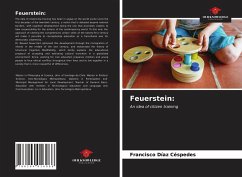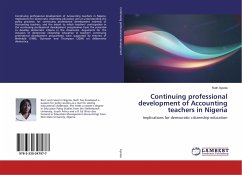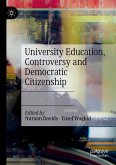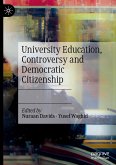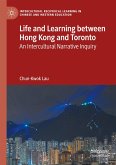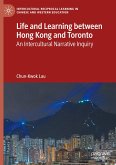The idea of citizenship training has been in vogue on the world scene since the first decades of the twentieth century, a notion that is debated beyond national borders, with cognitive development being the one that promotes citizens to take responsibility for the actions of the contemporary world. To this end, the approach of seeking the competencies and/or skills of the twenty-first century will make it possible to conceptualize education as a transitional axis for democratic citizenship.Dr. Reuven Feuerstein glimpsed this development through the immigration of infants in the middle of the last century, and elaborated the theory of Structural Cognitive Modifiability, which tacitly explains the educational proposal of accepting and tolerating cultural transition in a globalized environment. Since, working for civic education prepares children and young people to face ethical conflicts throughout their lives and to live together in a society that is more respectful of differences.
Bitte wählen Sie Ihr Anliegen aus.
Rechnungen
Retourenschein anfordern
Bestellstatus
Storno

